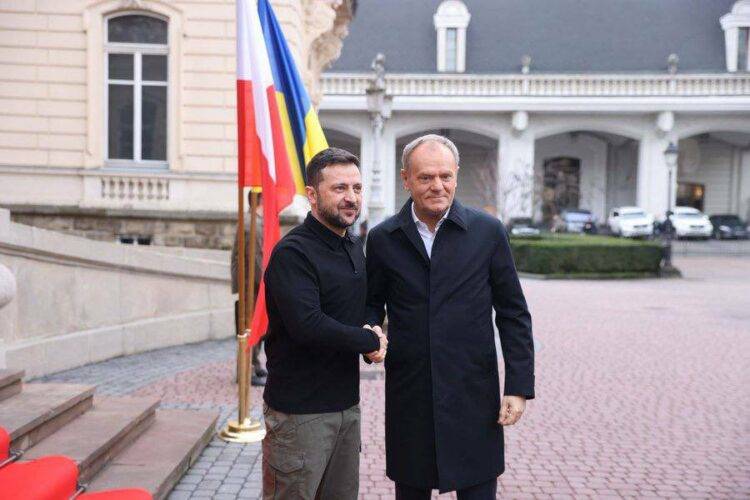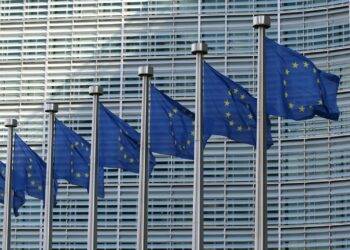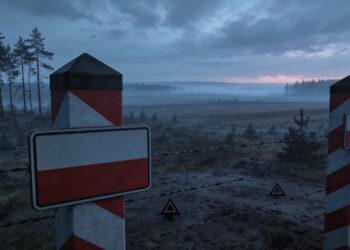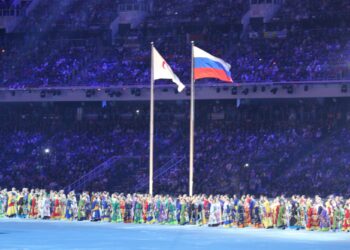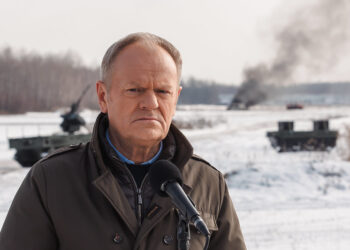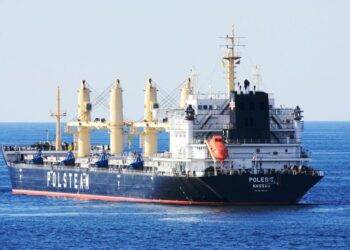Poland and Ukraine have reached a landmark agreement to exhume the victims of the Volhynia Massacre, a long-standing point of contention between the two nations. Polish Prime Minister Donald Tusk announced the decision, marking a significant step toward reconciliation over the atrocities committed during World War II. “Finally, a breakthrough,” Tusk posted on X (formerly Twitter), thanking the culture ministers of both countries for their cooperation.
The Volhynia Massacre, carried out by the Ukrainian Insurgent Army (UPA) in 1943, resulted in the deaths of an estimated 100,000 Polish civilians in the Volhynia and Eastern Galicia regions, then under German occupation. The UPA, a Ukrainian paramilitary group, collaborated with Nazi forces and also targeted Jews, Armenians, Russians, and other minorities. While Poland officially recognizes the massacre as genocide, Ukraine disputes this characterization, framing the conflict as one where both sides committed atrocities.
Resolving a Bitter Legacy
For decades, the massacre has strained diplomatic relations between Poland and Ukraine, despite their current close alliance against Russian aggression. Advocates in Poland, including the Institute of National Remembrance (IPN), have long pushed for the exhumation and proper burial of the victims. The IPN estimates that over 55,000 Poles and 10,000 Jews remain buried in unmarked mass graves.
This week’s announcement follows a ban Ukraine issued in 2017 on exhumations of Polish victims after a UPA monument in Poland was removed. Since then, efforts to address historical grievances have gained traction, including a joint commemorative mass in 2023 attended by Polish President Andrzej Duda and Ukrainian President Volodymyr Zelenskyy. The service marked the 80th anniversary of the massacre and symbolized a shared acknowledgment of past trauma.
However, tensions have persisted. Karol Nawrocki, a conservative candidate for Poland’s presidency, recently emphasized that Ukraine must fully address the Volhynia atrocities before joining NATO or the European Union. “A country that is not able to account for a very brutal crime against 120,000 of its neighbors cannot be part of international alliances,” Nawrocki said.
A Step Toward Healing
Tusk’s announcement has been met with cautious optimism. Ukrainian Minister of Foreign Affairs Andrii Sybiha hailed the agreement as a blow to Moscow’s efforts to divide Poland and Ukraine. “We respect each other and together stand up to Russian imperialism,” Sybiha said.
Polish officials view the exhumations as a vital step toward healing historical wounds and fostering unity between the nations. The process will also provide closure to descendants of the victims, who have waited decades for acknowledgment and justice.
As Poland and Ukraine continue to navigate the challenges of their shared history, the agreement signals a renewed commitment to cooperation, even amid lingering scars from one of World War II’s darkest chapters.
Support Poland 24
Poland 24 is an independent publication dedicated to providing accurate, insightful, and timely news from Poland. In an era where reliable journalism is more important than ever, we take pride in delivering content that keeps you informed about the latest developments in politics, culture, and society in Poland. However, as an independent outlet, we rely on the support of our readers to continue operating without the influence of corporate sponsors or political agendas. Your donations are crucial to help us maintain the quality of our reporting, covering both major headlines and the stories that often go untold by mainstream media.
By supporting Poland 24, you are not only helping us sustain our website, but you are also contributing to the creation of more diverse, in-depth content. Every donation, big or small, allows us to invest in better resources, hire experienced journalists, and cover a wider range of topics with the detail and attention they deserve. If you value independent journalism and want to see more high-quality content about Poland, please consider donating today. Your support truly makes a difference in our ability to continue bringing important news to the public.

